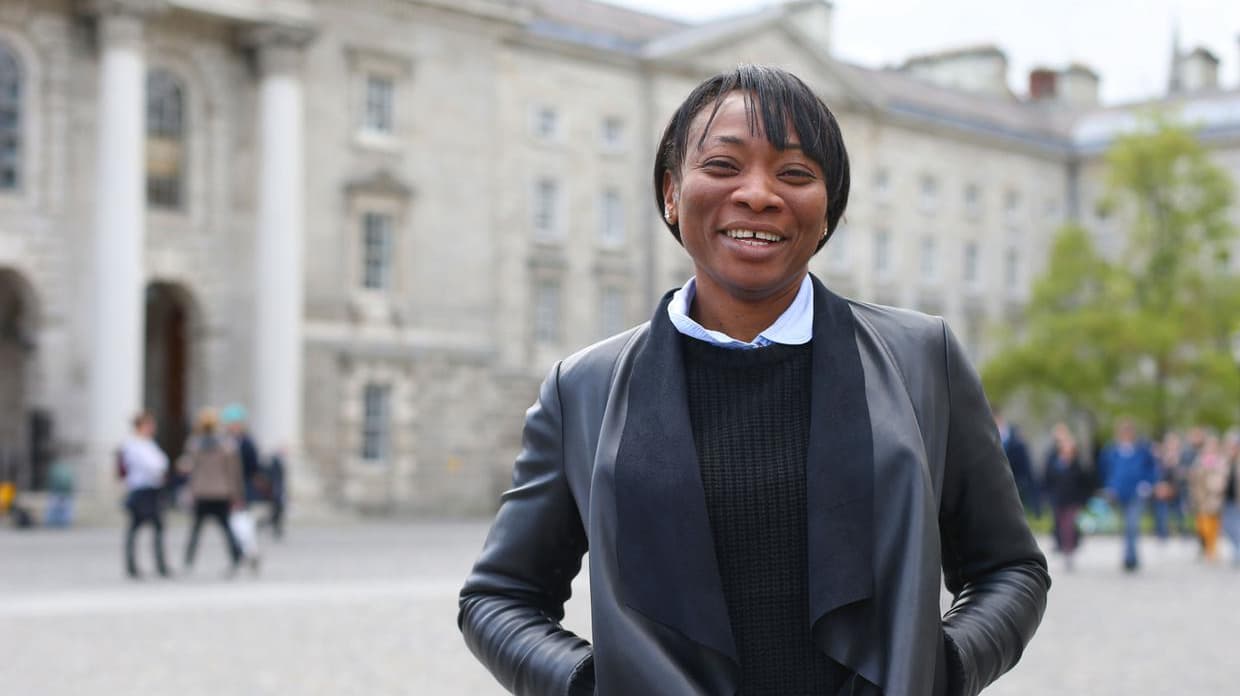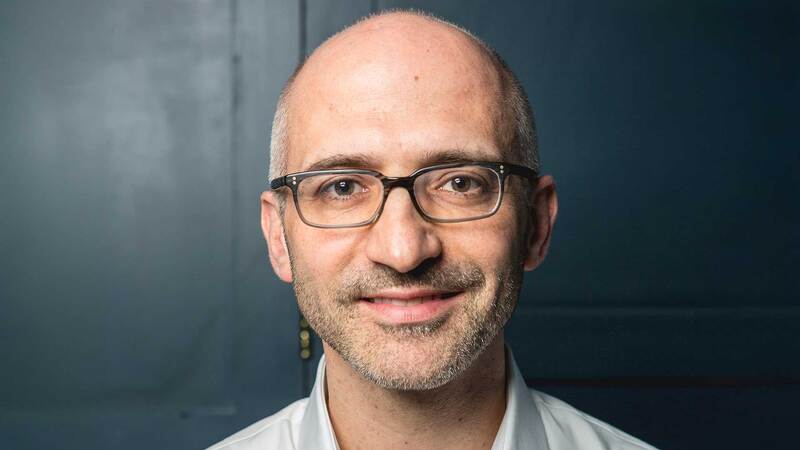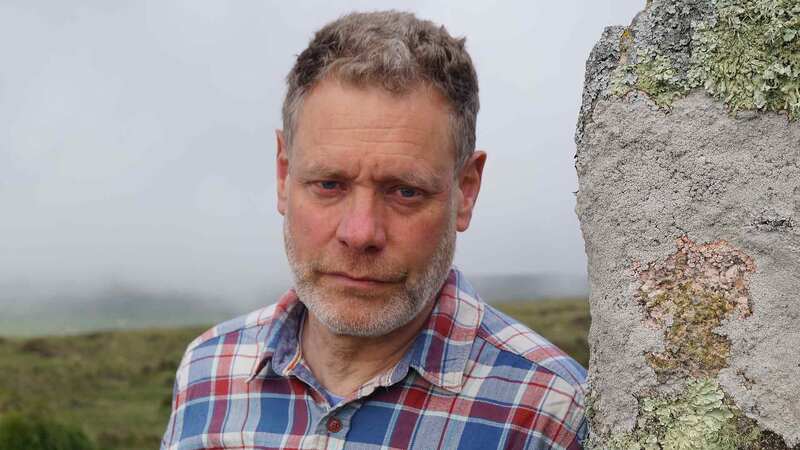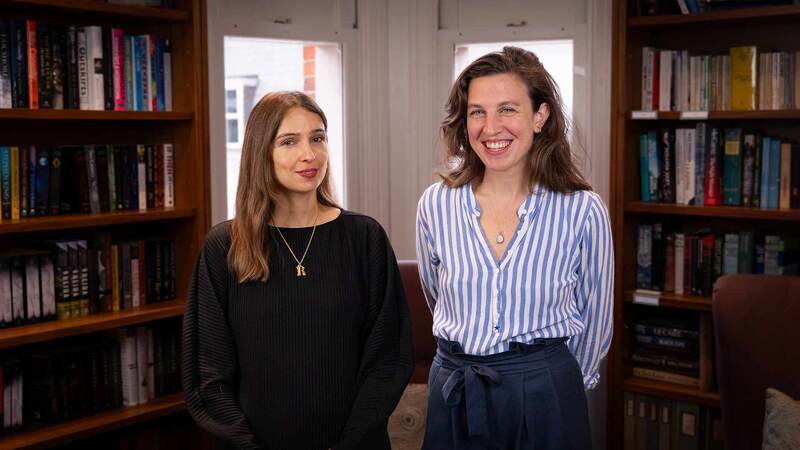You are viewing your 1 free article this month. Login to read more articles.
Skein lifts off with aim of taking underrepresented writers to new heights
After the huge success of This Hostel Life, which grew out of a chance meeting about asylum seeker accommodation, Skein Press has its sights set high
One of the most talked-about Irish literary novels of recent years was born far outside the usual publishing channels—at a meeting to improve conditions in direct provision hostels, attended by writers and community activists Gráinne O’Toole and Melatu Uche Okorie (pictured). The two got talking about writing and Okorie, a Nigerian who moved to Ireland in 2006 and for a time lived in the direct provision system (Ireland’s asylum-seeker accommodation), said she had been working on fiction about her experiences. She had set it aside after she was told that her “non-traditional” take—including dialogue in the patois spoken in asylumum seeker hostels—would be too difficult for Irish readers.
O’Toole and her friend, editor and Irish-language translator Fionnuala Cloke, had been discussing lowering the barriers to publication in Ieland. O’Toole says: “What we weren’t seeing coming through was underrepresented perspectives; there were whole vast sectors of society that we weren’t seeing anywhere in literature.”
O’Toole and Cloke began collaborating with Okorie on what they assumed would be a one-off project. O’Toole says: “[Okorie’s] work just blew us away and we thought that we should be publishing this now because it’s just so right; it speaks to so many things. So we started off, in a very small way, and there was such huge interest. We thought, ‘God, there is a real appetite for this kind of writing.’”
The early positive feelers about Okorie’s work convinced Cloke and O’Toole to expand the project, launching Skein Press in 2017 after securing Arts Council Ireland seed money. (A skein is the V-formation of a flock of geese in flight.) Its mission is to issue “fresh and thought-provoking [work] which features outlooks and experiences not often represented in Irish publishing”.
And there certainly was appetite for Okorie’s book: This Hostel Life, released in Ireland in May 2018, was heaped with praise by the likes of Roddy Doyle and Marian Keyes. It was shortlisted for the Sunday Independent Newcomer of the Year Prize at the An Post Irish Book Awards, and a year on, Virago bought UK rights.
Of course, an Irish publisher selling rights to a UK entity is an often vexing issue. Cloke says: “We just didn’t have the resources to sell it into the UK. And we liked Virago’s ethos and what it was going to do with the book. [Selling in the UK] is something we would like to work towards, but because we started as more of a volunteer or community organisation-type basis than anything else, we want to look at what’s best for the author.”
O’Toole adds: “I would certainly like to see how we could [sell into the UK] from Ireland as a small independent publisher, or how we can collaborate with other publishers to help each other to do that into the future.”
The volunteer/community aspect will soon be a thing of the past, as Skein is expanding (Arts Council funding permitted), bringing in poet and essayist Nidhi Zak/Aria Eipe as poetry editor; she will also help to run a professional development fellow- ship scheme for writers from BAME backgrounds. Zak/Aria Eipe says: “[The Arts Council] is putting a lot of resources and attention towards this and there is some movement towards recognising the structural and systemic barriers that writers from differ- ent backgrounds face. It’s moving beyond all that language around diversity and inclusion to actually doing something tangible about it... I also think there is this move towards a sort of mainstreaming diversity, and not having it be this add-on. There’s the willingness to look at shifting structures of power.”
The recent lockdown may also have benefited for Skein, at least in terms of thinking about its marketing. O’Toole says: “It made us really focus on how we are going to sell books, and do a lot of research about how to reach more ‘unusual’ audiences. We’re continuing to look at all the resourcing we can, as we don’t want to see the diversity agenda, or our fellowship, pushed back because we can’t afford it. It’s something that has to happen.”










